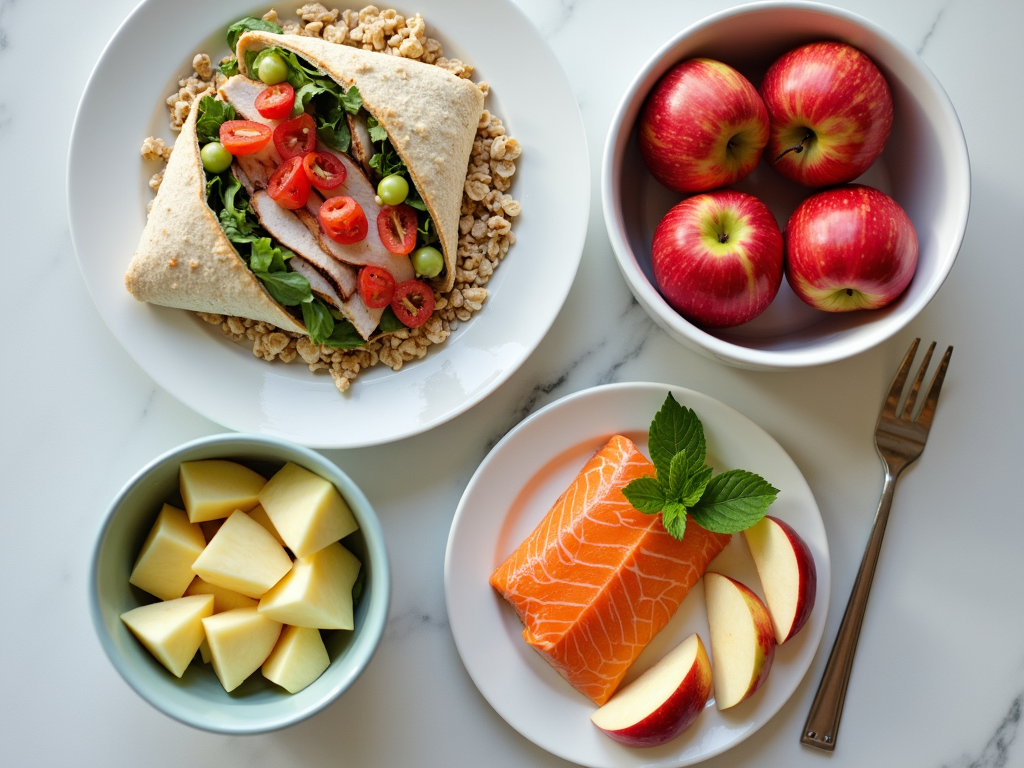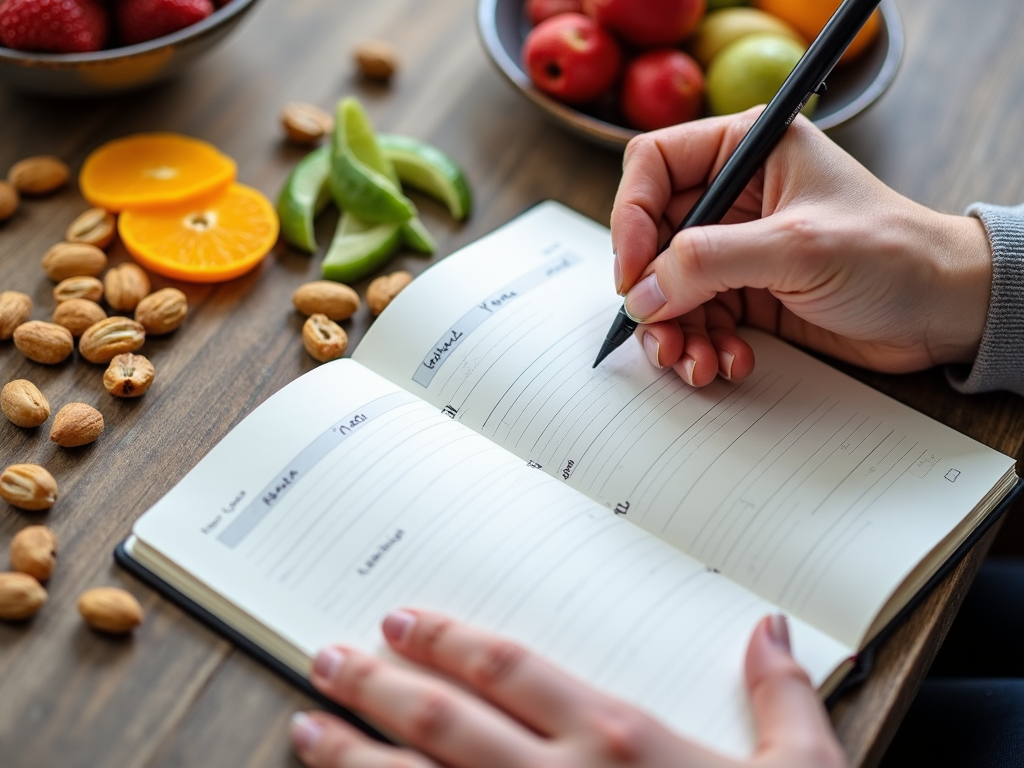Chronic fatigue is more than just feeling tired after a long day. It’s a persistent exhaustion that lingers, even after rest. For millions, it turns simple tasks—like getting out of bed or preparing a meal—into overwhelming challenges. This condition, often called Chronic Fatigue, disrupts work, social life, and personal well-being.

Chronic fatigue and its impact on daily life can feel isolating. You might miss out on activities you once loved or struggle to keep up with responsibilities. While the causes aren’t always clear, one thing stands out: diet can make a difference. What you eat affects your energy, mood, and ability to cope.
Diet isn’t just about filling your stomach—it’s fuel for your body. For those with chronic fatigue, the right foods can help ease symptoms. Nutrients like iron, B vitamins, and magnesium play key roles in energy production. Meanwhile, poor food choices can worsen exhaustion, creating a vicious cycle.

Let’s talk nutrients. Iron carries oxygen through your blood—without enough, you feel sluggish. B vitamins, like B12, help turn food into usable energy. Magnesium keeps muscles and nerves working smoothly. Deficiencies in these can hit hard, especially if you’re already battling chronic fatigue.
Where do you find these powerhouses? Lean meats, beans, and spinach deliver iron. Eggs, whole grains, and dairy offer B vitamins. Nuts, seeds, and oats bring magnesium to the table. Building meals around these foods can give your body the tools it needs to fight fatigue.

Diet matters beyond just chronic fatigue. Take Chronic FPIES, for example. This condition—short for Food Protein-Induced Enterocolitis Syndrome—requires avoiding trigger foods to prevent severe symptoms. Similarly, tweaking your diet for chronic fatigue can reduce exhaustion and improve daily function. It’s all about choosing wisely.
I’ve seen this firsthand. A friend, Lisa, dealt with chronic fatigue for years. She could barely get through her workday. After meeting with a dietitian, she swapped processed snacks for whole foods—think oatmeal instead of sugary cereal. Within weeks, she felt steadier, less drained. It wasn’t a cure, but it changed her life.

Lisa’s story isn’t unique. Small changes can add up. She started eating balanced meals and noticed her energy didn’t crash as often. It’s not about perfection—it’s about consistency. Chronic fatigue might not vanish, but the right diet can make it more manageable, giving you back some control.
So, what should you eat? Here’s a quick guide:
- Protein: Keeps you full and supports muscles—try chicken, fish, or beans.
- Complex carbs: Provide steady energy—go for brown rice or sweet potatoes.
- Healthy fats: Boost brain function—think avocado or nuts.
- Hydration: Water fights off extra tiredness—aim for 8 cups daily.

Avoiding certain foods helps too. Sugary snacks and sodas might give a quick lift, but the crash isn’t worth it. Processed junk—like chips or fast food—can zap energy over time. Even too much caffeine can backfire, messing with your sleep and leaving you more tired.
Here’s a sample day of eating:
| Meal | Food |
|---|---|
| Breakfast | Oatmeal with berries and almonds |
| Lunch | Turkey wrap with veggies and hummus |
| Snack | Apple slices with peanut butter |
| Dinner | Salmon, roasted broccoli, and quinoa |
This keeps energy stable—no spikes, no slumps.

Timing matters too. Eating small, frequent meals prevents energy dips. A big, heavy lunch might leave you sluggish, but a light salad with protein keeps you going. Listen to your body—if something drags you down, adjust. It’s trial and error, but worth the effort.
Chronic FPIES Symptoms teach us how specific diet can be. With FPIES, one wrong food triggers vomiting or worse. Chronic fatigue isn’t that extreme, but sensitivities—like to gluten or dairy—can still drain you. Keeping a food diary might reveal what’s sapping your strength.

Here’s the bottom line: Understanding the Role of Diet in Managing Chronic Fatigue means seeing food as a partner in your fight. It won’t fix everything, but it can lighten the load. Start small—add a nutrient-rich snack or cut back on sugar. Over time, you’ll feel the difference.
You don’t need to overhaul your life overnight. Pick one tip—like drinking more water—and stick with it for a week. Build from there. Chronic fatigue might stick around, but with the right diet, you can reclaim some energy and take back your days.

In summary, chronic fatigue is tough, but diet offers a way to push back. Focus on whole foods, stay hydrated, and skip the energy-drainers. It’s not a magic fix, but it’s a step forward. Try it—you might be surprised at how much better you feel.
Discuss Here